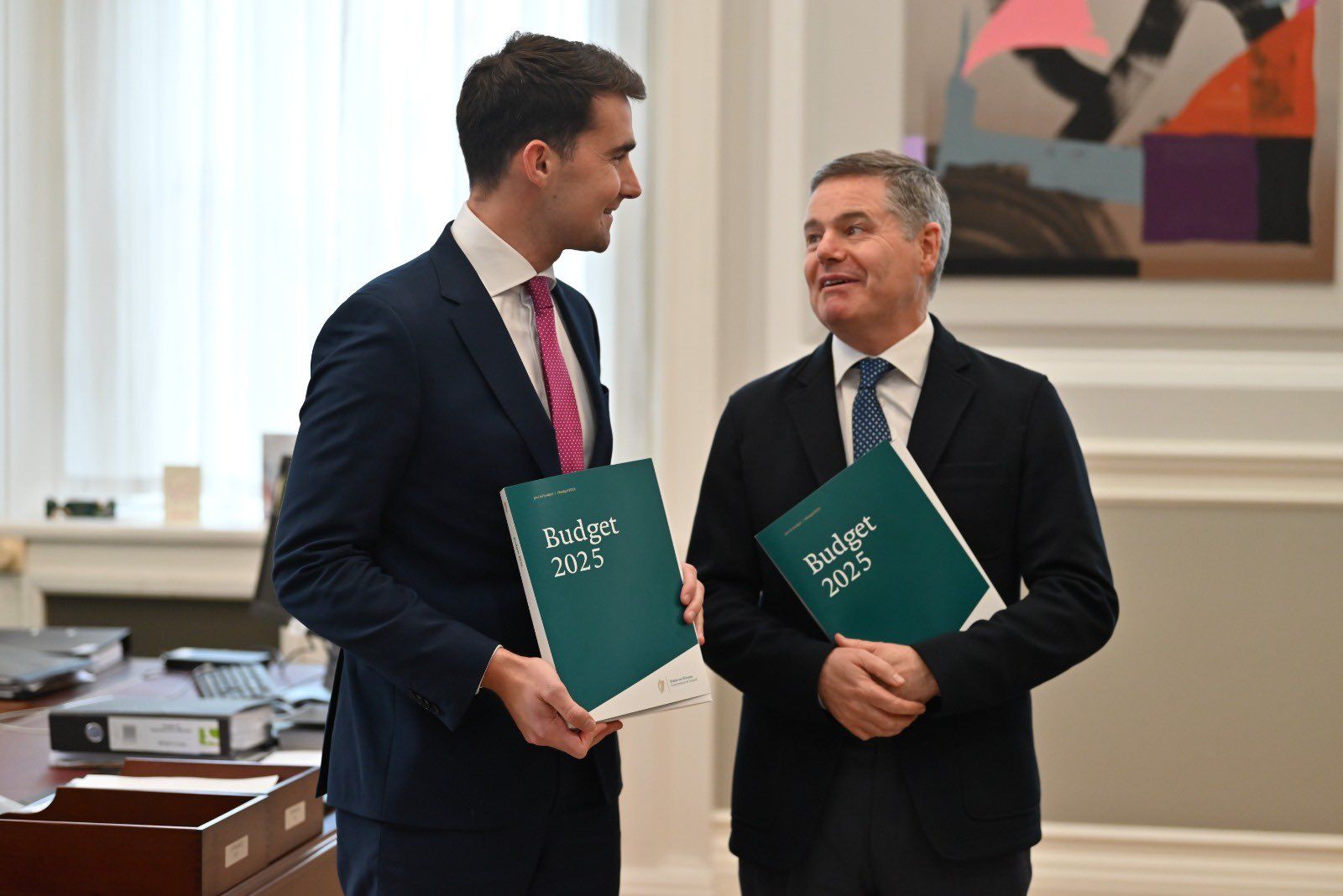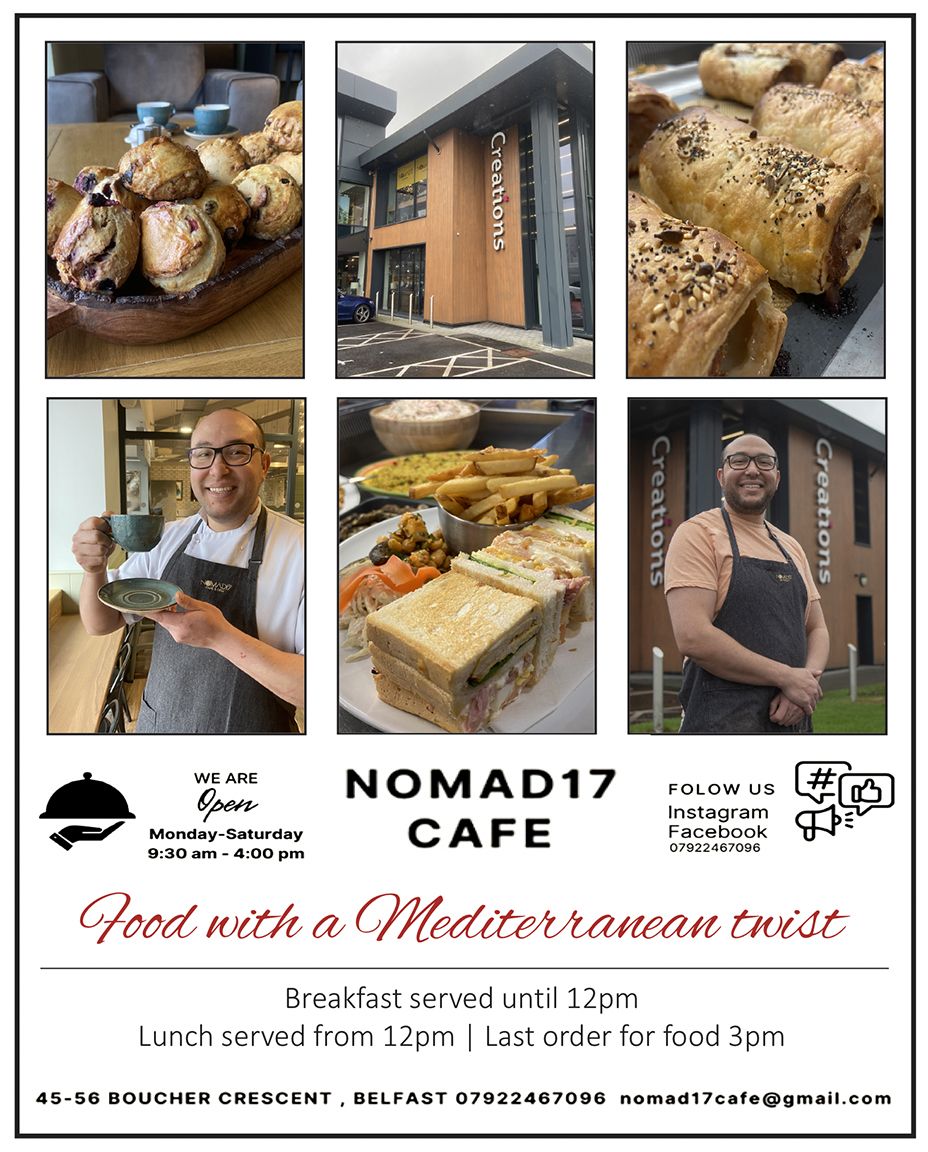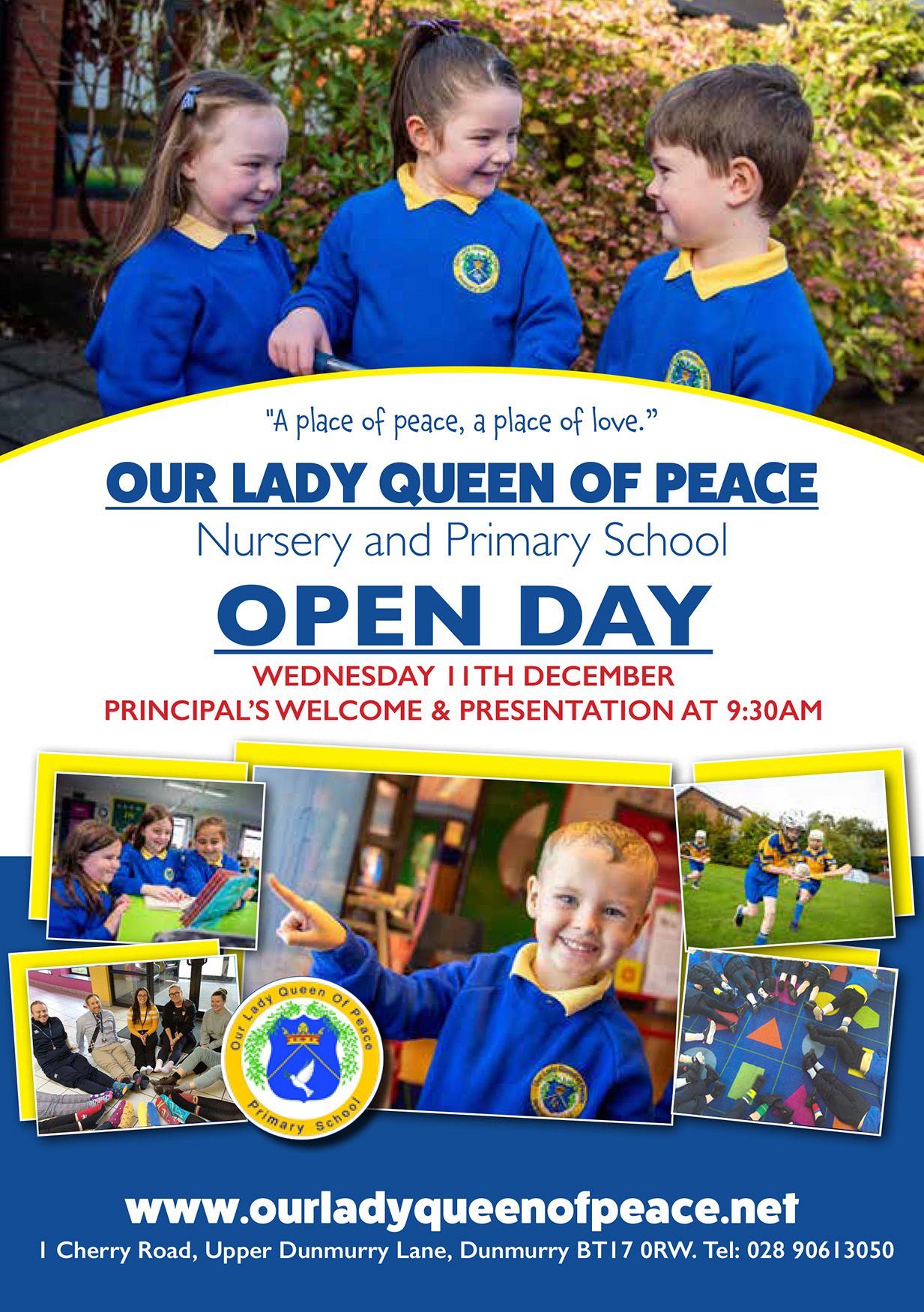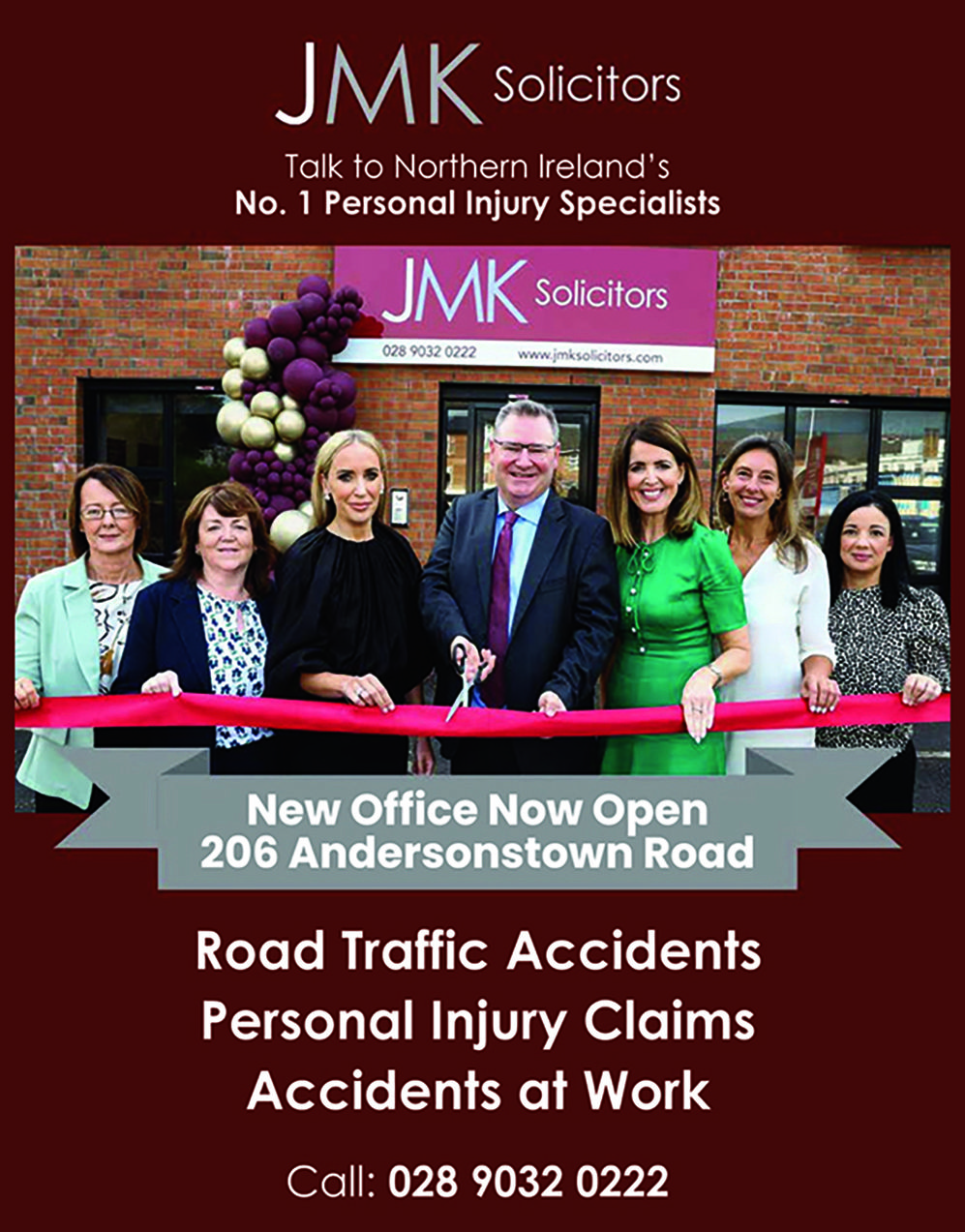THE intervention of Leo Varadkar calling for formal and robust planning for a border poll and indeed advocating for Irish unity was another acceleration of the constitutional debate.
For the British Secretary of State it was another moment to pooh-pooh Irish constitutional aspiration. It was another indication of the change that is happening and how out of touch London is becoming with our island and our people.
With the demographics of the North of Ireland moving swiftly to majority Catholic, nationalist and republican, repeated elections where unionism has lost its majority position and Sinn Féin’s Michelle O’Neill elected to the position of First Minister, many believe that poll is becoming more than winnable. For many, the only thing that is expected from the British government is that they move expeditiously to the identification of the conditions for the border poll and the setting of a date. The fact that they are playing a game of ostrich on this issue is not only an exercise in avoidance, it is futile. The change that is happening on this island is unstoppable.

A giveaway budget in Dublin which recognises fuel poverty, the needs of the elderly, carers and the sick, just as the new Labour administration introduces Austerity Plus, will only add to the conclusion that Irish people on this island will be better economically, socially and culturally building a shared future.
Today’s Irish Budget has rather different vibe to the UK one later in the month…
— Faisal Islam (@faisalislam) October 1, 2024
Fuel and energy credits… double month child benefits, lump sum to disabled allowance…
Pre-election & massive surplus, though.https://t.co/ficwfHsHdD pic.twitter.com/etcxfelfzZ
For this is now the territory we are in. 100 years on from partition, there's a growing realisation and demand for self-determination in a unified Ireland. The complexion of that change is informed by an active care for confidence-building and protection of the rights of all, and particularly those of a unionist tradition who must concretely be assured that what was visited on Irish citizens north of the border, or Protestants living south of the border, following partition will never be visited on them, or any community, following unity. The most concrete demonstration of that commitment lies in actively encouraging participation in planning.
The contributions of Claire Mitchell, author of the seminal Ghost Limb, former PUP representative Davy Adams and DUP founder Wallace Thompson to the debate have afforded us all a significant opportunity to engage with meaningful reconciliation as we plan our future. Indeed, we are all enriched by this debate even now, before the vote. This debate is an opportunity for us to know each other better. It is a process of reconciliation in itself.
The matter of planning for constitutional change will undoubtedly feature in the manifestos of the parties standing for election in the South this winter/spring. We also should expect to see even more meaningful and deeper reach into the planning for that change. It is essential that this opportunity for growth in relationships, peace building and economic prosperity is grasped in community centres, women’s groups, sporting associations, cultural groups, business fora, universities, the local fishing club, farmers markets and all of the places we gather to plan for better. Surely, we can never again face threats or allow our future to be hijacked, such as happened by the vote for Brexit. And surely we should know that the chaos England has faced since their vote is something we want to avoid.
Thankfully, relationships between our islands are growing friendlier but, rooted in the Good Friday Agreement, our futures are clearly as great neighbours.








